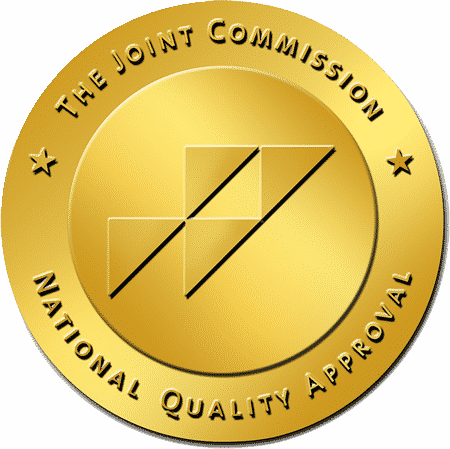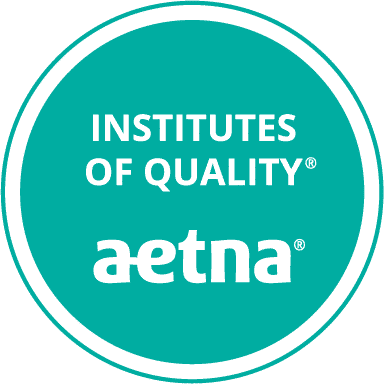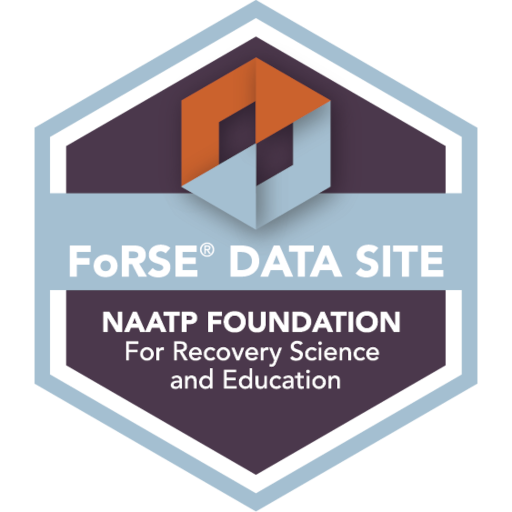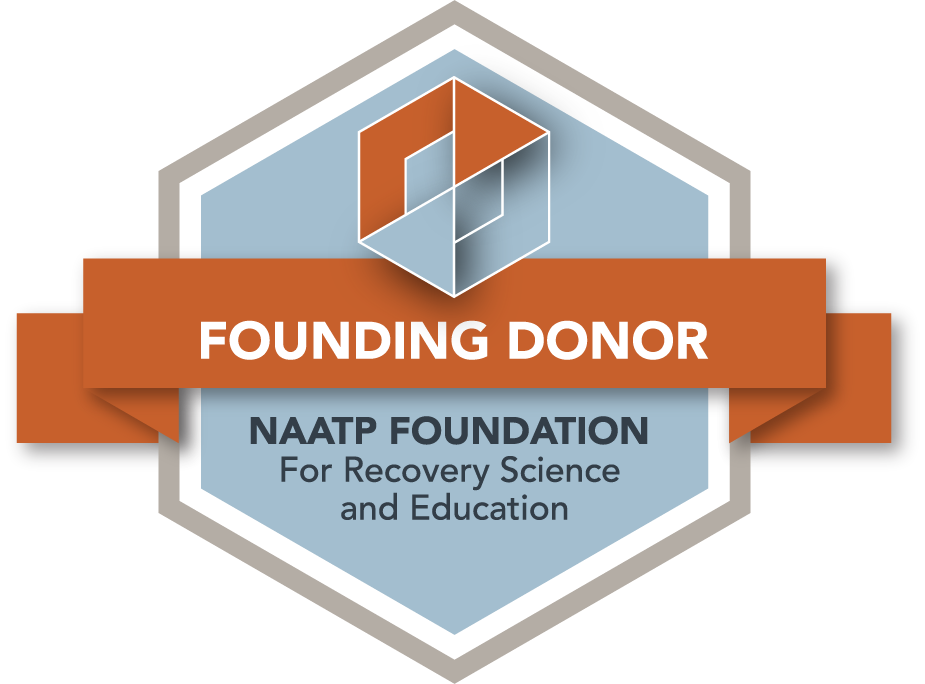The American Society of Addiction Medicine has a short definition of addiction which is given below.
“Addiction is a primary, chronic disease of brain reward, motivation, memory and related circuitry. Dysfunction in these circuits leads to characteristic biological, psychological, social and spiritual manifestations. This is reflected in an individual pathologically pursuing reward and/or relief by substance use and other behaviors.”
Addiction is characterized by an inability to consistently abstain, impairment in behavioral control, craving, diminished recognition of significant problems with one’s behaviors and interpersonal relationships, and a dysfunctional emotional response. Like other chronic diseases, addiction often involves cycles of relapse and remission. Without treatment or engagement in recovery activities, addiction is progressive and can result in disability or premature death.”
The good news is that with time in sobriety and especially with active 12 step recovery we see brain recovery and restoration of the normal dopamine receptor response allowing that patient to experience joy and the fullness of life again. We do not believe that the addict can be “cured,” but we firmly believe that he/she can become “recovered.”
#laharecovery #NationalRecoveryMonth
